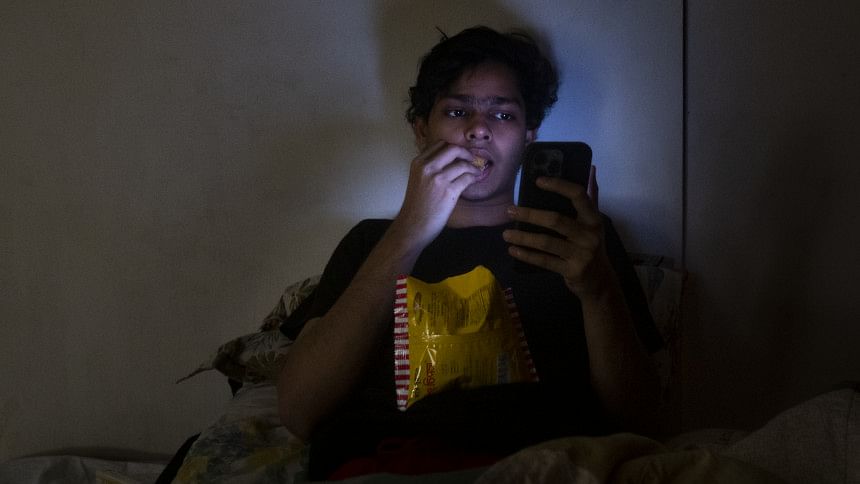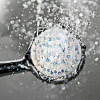How your food habits affect your sleeping pattern

Are you familiar with the "No sugar before bed" rule? Have you ever been encouraged to have greens as part of your regular dinner? Turns out, there is actually some truth to these tips that we often tend to overlook. However, once dissected, they start to make a lot more sense.
It is common knowledge that various types of carbohydrates affect your sleep differently. Part of this has to do with the surge of energy that sugar provides. An article published by Time4Sleep discusses how the consumption of sugar helps generate more brain waves even in a state of unconsciousness.
To further consolidate the validity of this phenomenon, The New York Times published an article that tackles this concern. According to the article, regularly eating sugar before bedtime can cause disruptions in one's sleep. So, maybe your recent string of unwarranted nightmares has been brought on by late-night sugar consumption.
Moreover, Time4Sleep also conducted a survey where participants mentioned that consumption of dairy products were more likely to give them nightmares in comparison to other types of food.
Not all carbohydrates are bad, however. In their piece, The New York Times stated that carbohydrates help the transfer of sleep-inducing chemicals to the brain faster. One such chemical, tryptophan, is required for the synthesis of the well-known sleep-wake regulator, melatonin. In normal circumstances, it is difficult for tryptophan to successfully be transported to the brain efficiently. When food in the form of carbohydrates is consumed, the transfer of tryptophan to the brain is facilitated, resulting in a person falling asleep faster. According to The New York Times, there were studies conducted showcasing how food that's rich in protein decreases the probability of tryptophan crossing the blood-brain barrier. Cherry juice is a beverage which is known for increasing tryptophan levels, and thereby potentially being of use to individuals struggling with sleep.
As someone who has been dealing with sleeping issues for years now, I have found chamomile tea to be comforting. It personally never makes me drowsy, but it does contribute to a feeling of comfort that helps me to get a good night's sleep. Another option that I find soothing is mint-flavoured green tea. At the end of the day, this helps me unwind and eventually fall asleep. Perhaps like this, the effect of other specific food on sleep varies from person to person as well.
The issue with these conclusions is how the data is reliant on the statistical significance of epidemiology studies. Such studies largely focus on numbers which does not provide information on details such as a theorised mechanism. The data largely relies on people, and is not very conclusive. Nonetheless, the fact that food affects your sleep is more established as a theory.
References:
1. The New York Times, (December 10, 2020), How Foods May Affect Our Sleep.
2. Time4Sleep, (November 29, 2019), Does Eating Before Bed Give You Nightmares?
Bushra Zaman likes books, art, and only being contacted by email. Contact her at [email protected]

 For all latest news, follow The Daily Star's Google News channel.
For all latest news, follow The Daily Star's Google News channel. 









Comments